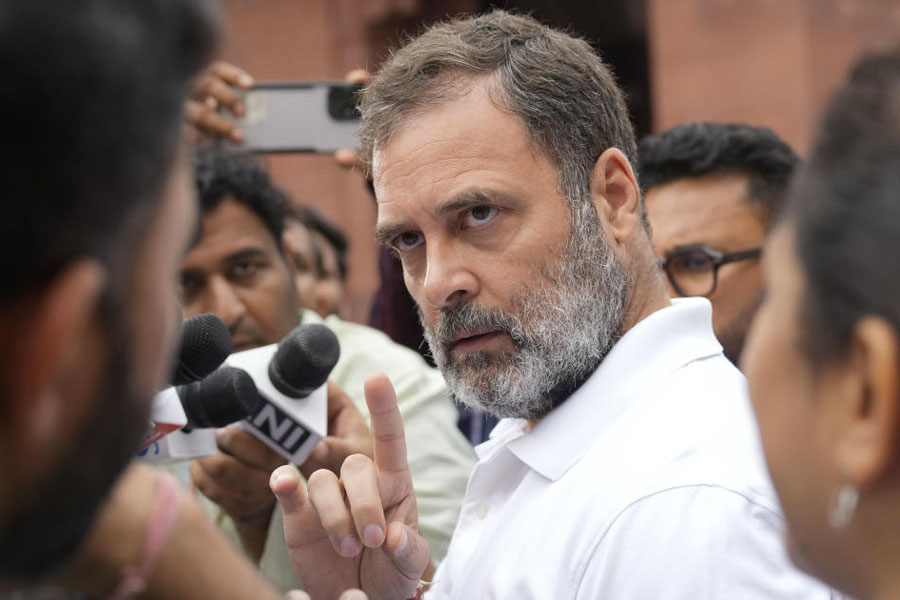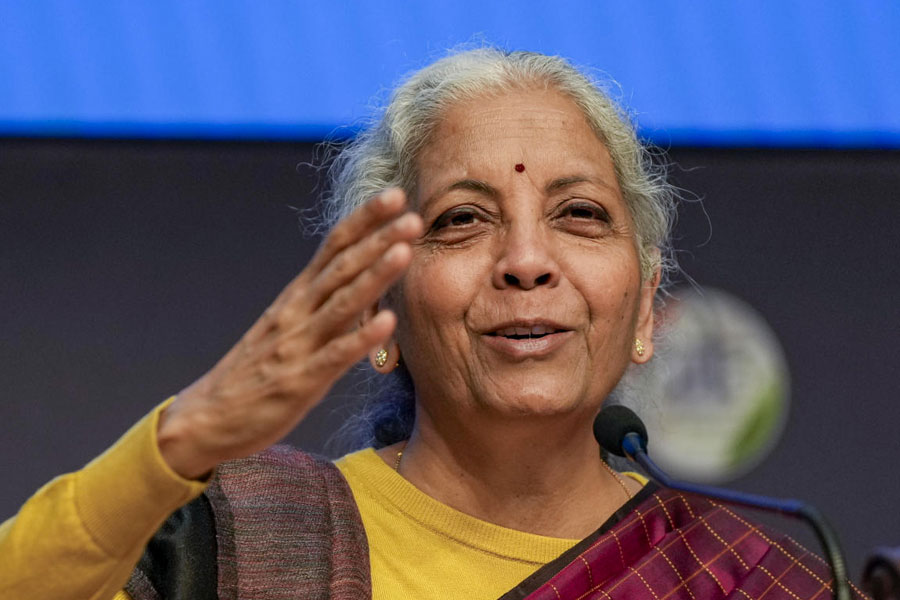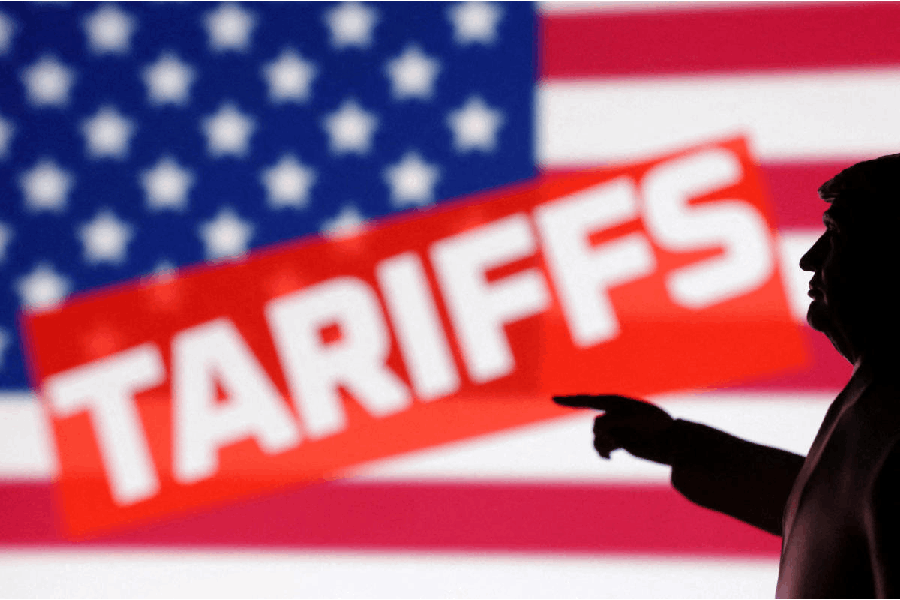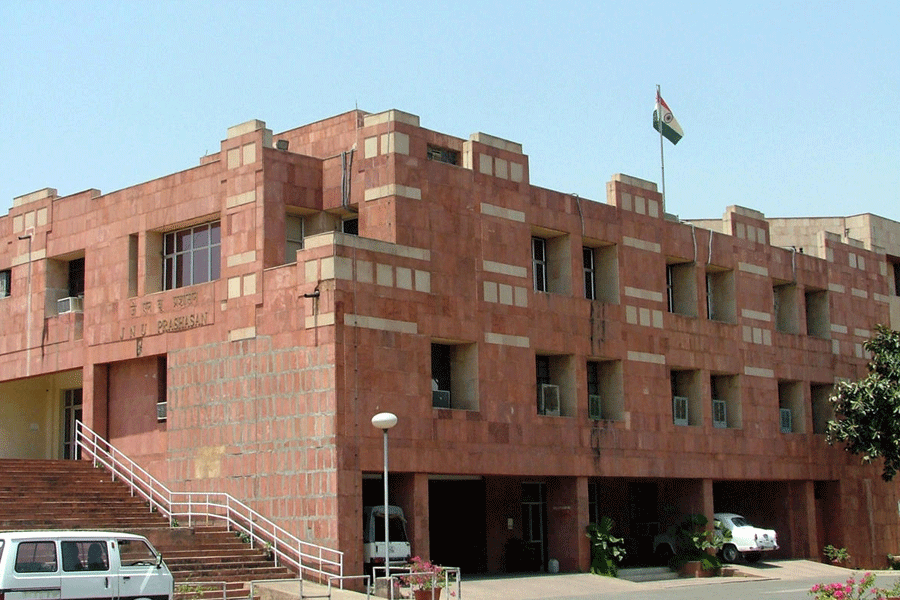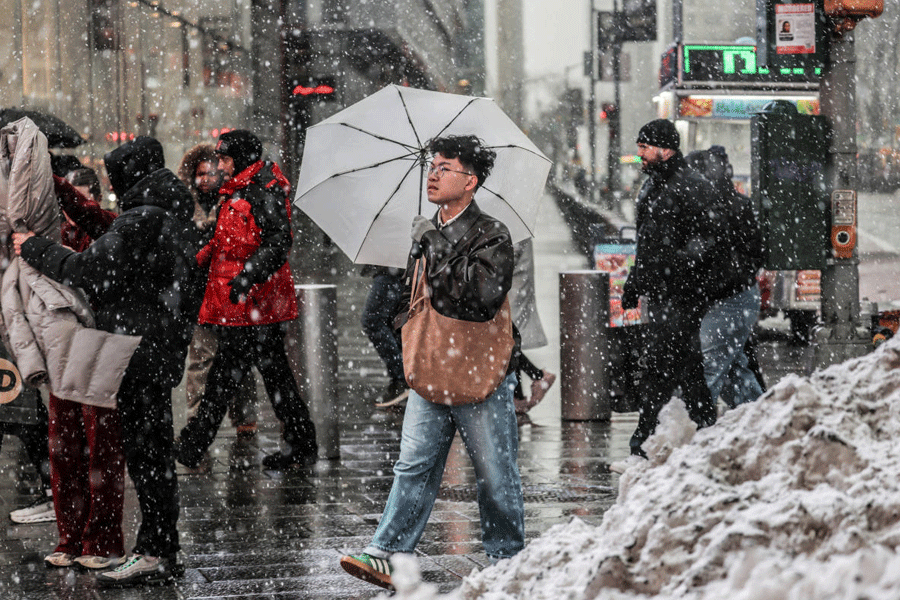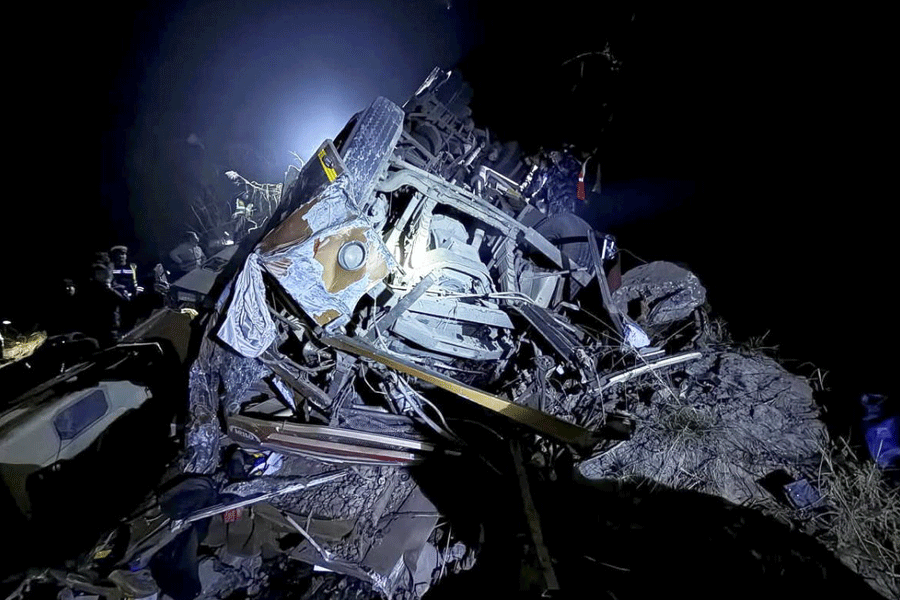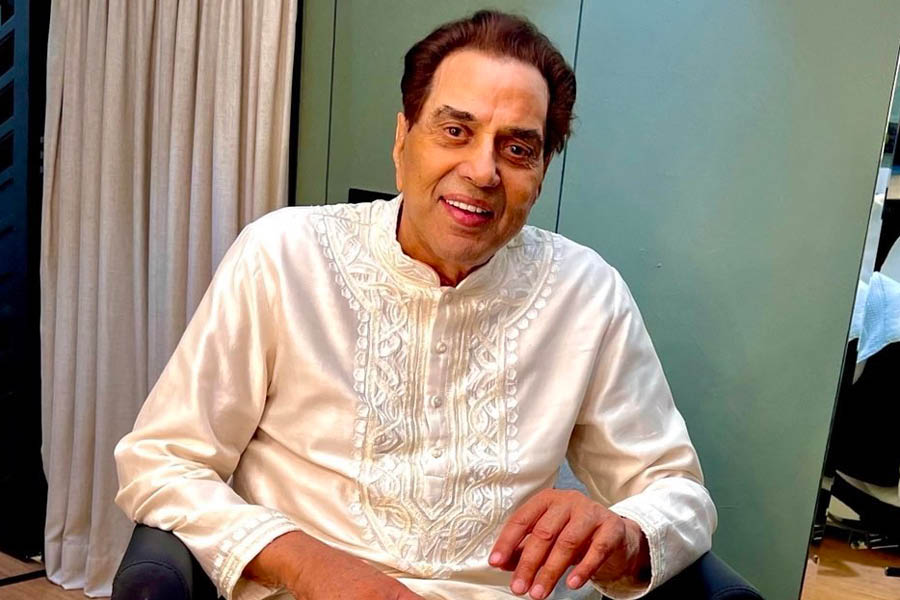Two worrying things came to light even as the Supreme Court, in a welcome decision, decided to grant temporary reprieve to Rahul Gandhi in a defamation case. The first concerns the court’s demand of evidence to prove the veracity of Mr Gandhi’s claim that 2,000 square kilometres of Indian territory had been allegedly occupied by China. Evidence, of course, is the key to substantiate a claim as serious as this by a public figure. But it would be wrong to suggest that the Congress leader’s observation is completely fictitious. This is because Mr Gandhi’s statement on Chinese incursions is consistent with the findings of several independent defence experts who have examined China’s border transgressions; there is even a report by a parliamentary committee that concedes that India has lost access to certain patrol points; satellite imagery along with accounts by journalists and local residents — the latter have lost grazing rights on stretches — have corroborated concerns of India’s territorial losses.
The second, perhaps more important, point concerns the court’s gratuitous advice on patriotism. Mr Gandhi was told that he would not have said what he did if he were a “true Indian”. Surely in a robust democracy, the patriotism test of a citizen must also include his/her right to ask questions — difficult questions — of the powers that be. Mr Gandhi — he also holds the post of the leader of the Opposition in the Lok Sabha — is well within his rights, as a citizen and as the occupant of an important parliamentary post, to demand answers on matters that are of vital national interest. The eagerness on the part of the judiciary to interpret the tenets of patriotism and nationalism has been marked of late. The Bombay High Court, while denying two Left parties permission to hold a protest rally in support of Gaza, had chided them for prioritising concerns other than those pertaining to the nation. The Uttarakhand High Court also decided to stay the conviction of a scientist guilty of abetting the suicide of his wife on ‘national interest’. These developments raise discomfitting questions about the judicial interpretation of the precious linkages among justice, rights and national interest.

